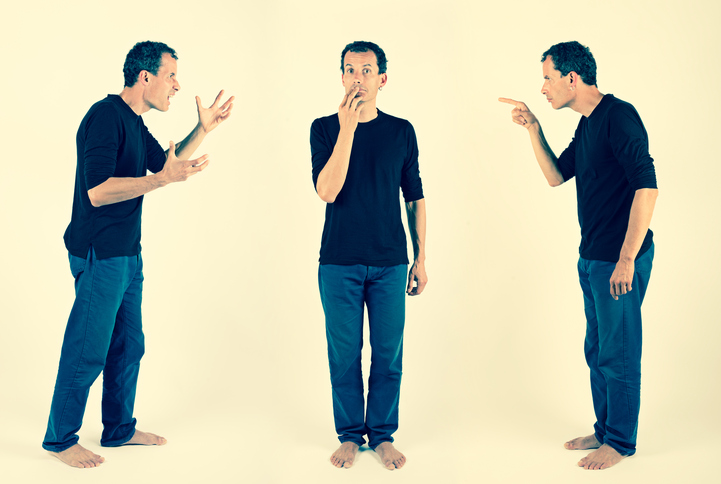Self-judgment is an attack on the self by the self.
Or, rather, it’s an attack on you by you.
I know I’m sounding kind of weird or clinical here, but that’s the definition.
We all have a judge inside and he or she is not necessarily a bad person. That judge is able to evaluate and monitor your actions. For example, when leaving a party, you think to yourself, “How was I? Was I too loud? Was I kind? Was I interested? Did I make it about me?” That’s good judgment. That’s a valuation judgment so you act like a nice person and have great relationships.
The judge in our head is supposed to be two things-it’s supposed to be accurate and warm. It’s not supposed to beat you up.
We often get caught in the trap of just trying to ignore it. That’s about as effective as saying try not to think about a purple elephant right now.
Conversely, one healthy way to deal with self-judgment is to figure out where it’s coming from. Did it come from an authority figure, a parent, a coach, a teacher, a spiritual director? Where did that come from? That helps you to identify that this isn’t just you. It came from people that maybe had a lot of influence in my life.
Check out my recent blog on safe people to learn more about how external forces can shape your inner dialogue.





